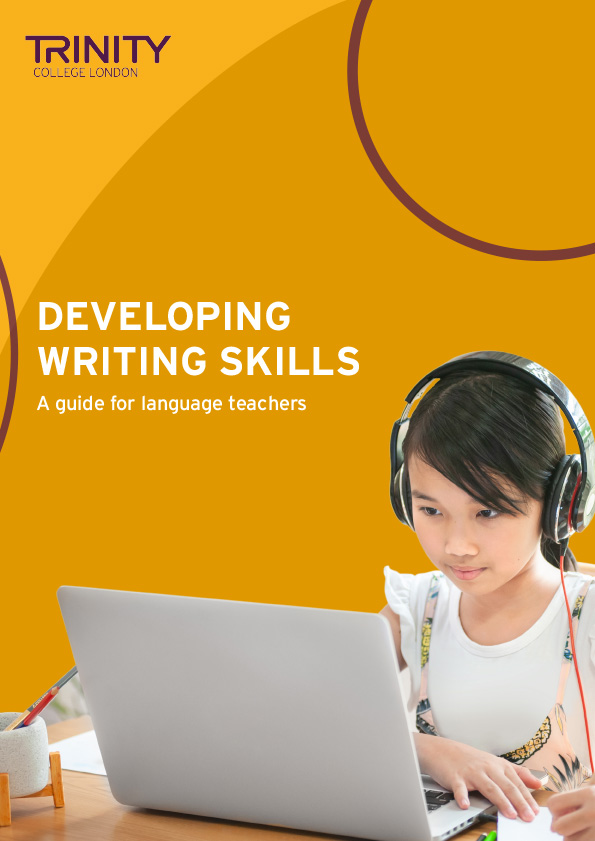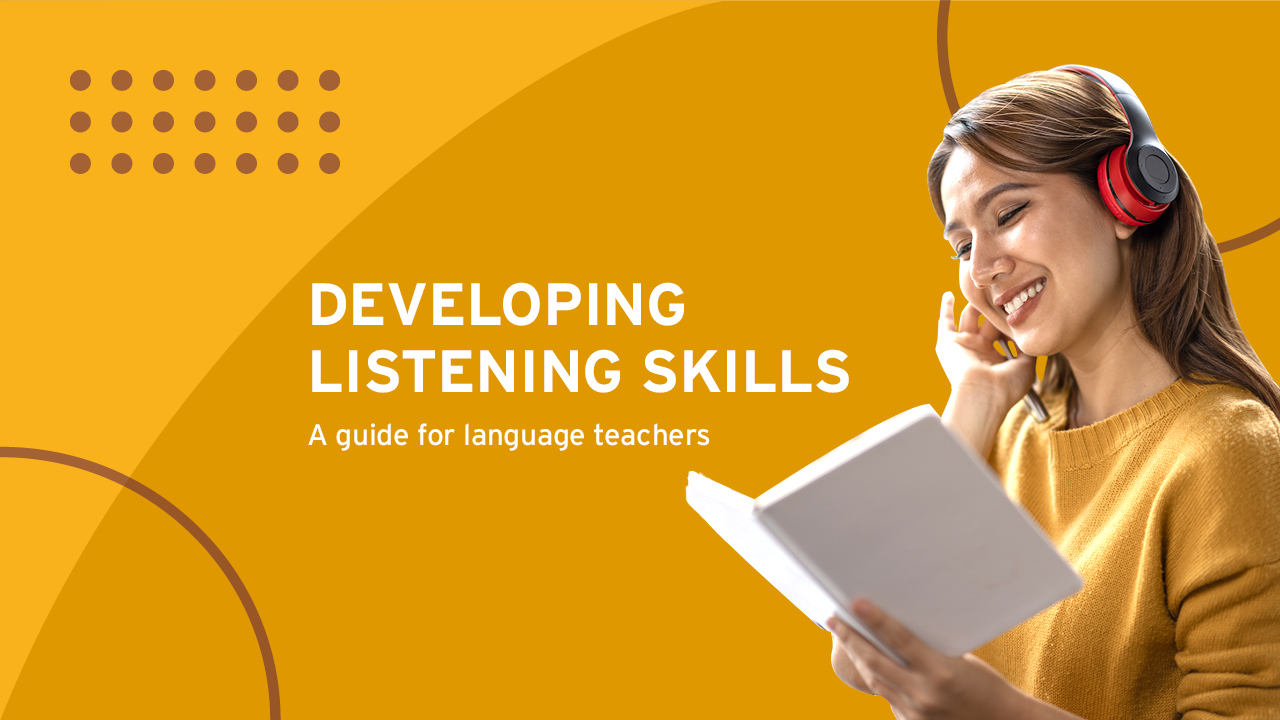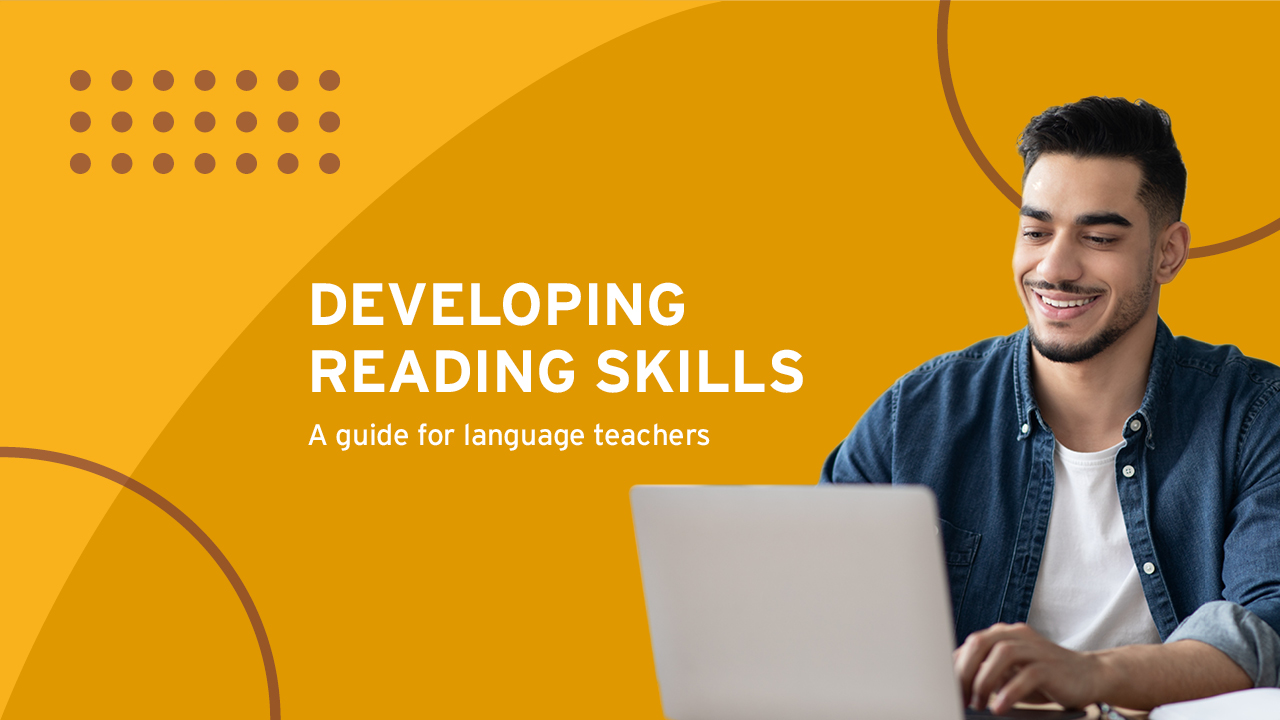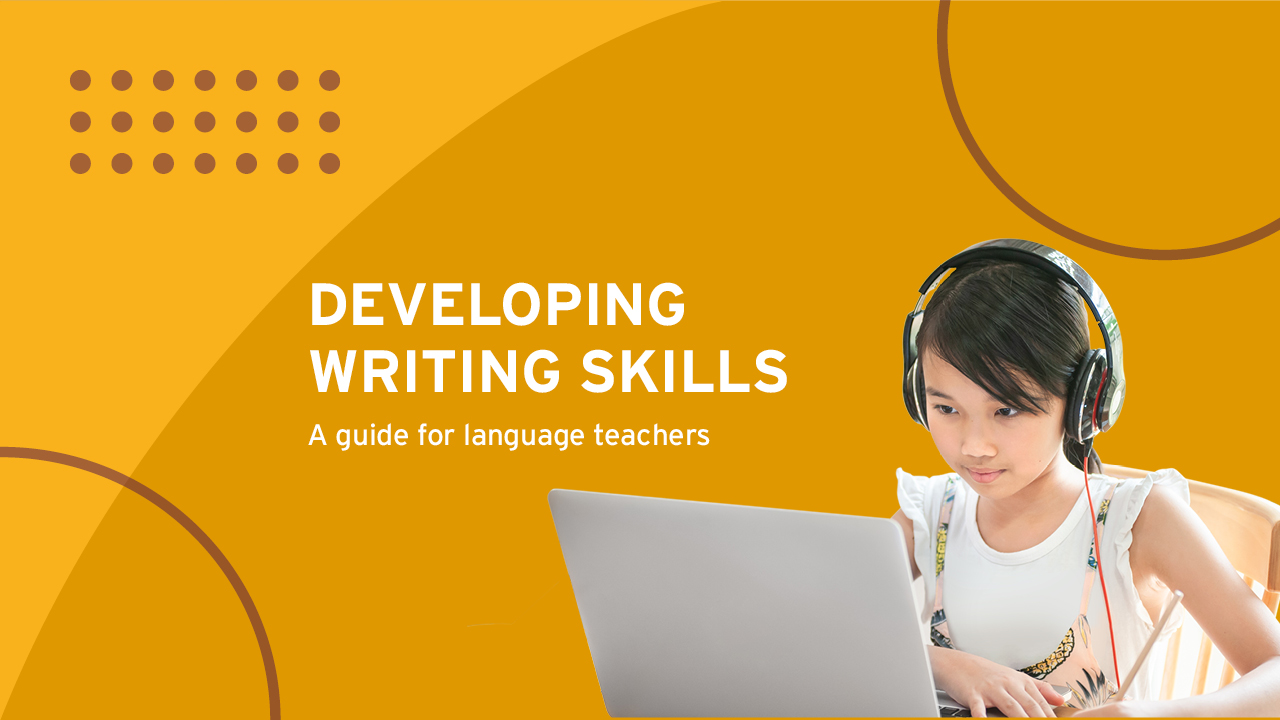When exploring writing with our learners, it’s important for both teachers and learners to be aware of the processes and sub-skills this involves, as well as the impact the purpose and audience has on the planning and execution of the text.
- We usually write with a specific audience/reader in mind, so texts need to be written in the appropriate style (register, tone and following genre conventions).
- In our day-to-day life, we often write in response to something we’ve read or heard. For example, someone writing an email to summarise the conversations in a meeting, a learner writing a report on research findings, a friend messaging another about a social media post they’ve just seen.
- Our message needs to be easily understood by a reader, so we have to consider the language we use, the length of the text, and how we organise our ideas.
- We often go through different stages when we write (eg planning, drafting and re-drafting), and that process has an impact on the final text.
- Sometimes it is necessary to include quotes and references to add depth and legitimacy to a text.
About this guide for teachers
This resource is for English language teachers looking to explore and develop writing skills with their language learners. It includes:
- Techniques for the English language classroom
- Guidance on adapting and creating writing resources to fit the interests and needs of your English language learners
- Considerations for setting up writing tasks
- Information on formative assessment and other opportunities to assess your learners' writing skills
- Details of further support resources and CPD opportunities




